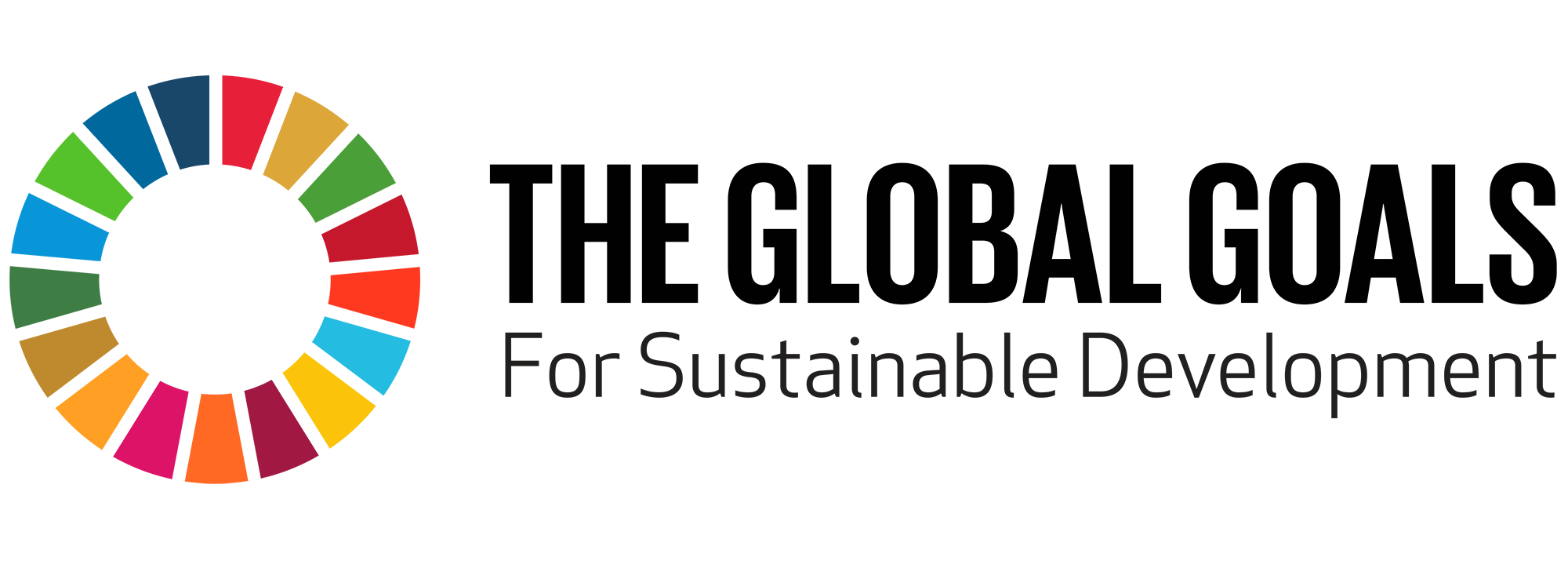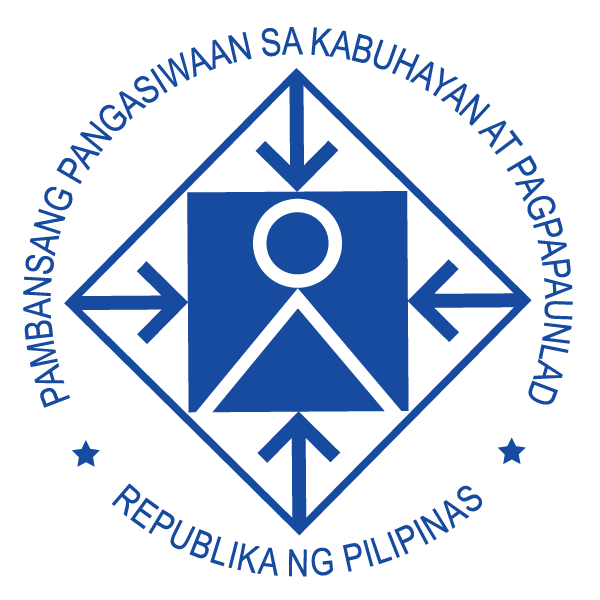LEAVE NO ONE BEHIND—this phrase was the guiding principle of world leaders of 193 countries in solving the most pressing problems of today. This was also actually the official motto set by the United Nations (UN) for the Sustainable Development Goals (SDGs).
Poverty. Hunger. Inequality. Climate Change. The Millenium Development Goals (MDGs) were on its 15-year deadline, and although it was a success, people knew that there was a need to continue the legacy of the MDGs and build on a more sustainable future—not only for the generation today, but for the years to come.
As a result, the UN, along with 193 countries of different backgrounds and cultures, adopted the 2030 Agenda for Sustainable Development, with 17 Sustainable Development Goals at its core. The SDGs is a comprehensive set of goals recognizing the connections between the people and the planet, comprised of 169 targets, integrated and indivisible to balance the three dimensions of sustainable development: the economic, social, and environmental.
The SDGs was meant to be inclusive, for everyone. It aims to provide a comprehensive roadmap that will serve as a guide for us to achieve the future we want—a future where everybody is able to have food in their tables with their families, a future where employment is attainable to everyone, a future where citizens do not live on less than USD1.25, and a future where our natural resources are taken care of.
NEDA: Key Partner in the Implementation of the Sustainable Development Goals
The Philippines has been a firm advocate of the SDGs since its formal establishment in 2015. In the following years, the Philippines has shown its unfaltering cooperation as a part of a global community working in unison on the shared commitment of achieving the 17 global goals.
After a performance audit on the national preparedness for the SDGs implementation in 2018, the Commission on Audit emphasized the critical role of the NEDA in the long-term implementation of the SDGs. This resulted in the recommendation to create the Subcommittee on SDGs under the Development Budget Coordination Committee to ensure that programs related to the goals will be tagged, monitored, and funded by a centralized coordinating body fully committed to the 17 goals.
Playing a critical role in the formulation of policies, plans, and programs on a national and sub-national level, it does not come as a surprise that the SDG Secretariat is assigned under NEDA. This shows a commitment to align the Philippine government’s policies to the 17 SDGs, making sure that we follow the roadmap to the future we want. The SDG Secretariat, being the centralized coordinating body for the SDGs, also works closely with relevant stakeholders— not only national government agencies, but also non-government organizations, civil society organizations, the academe, and the private sector. Technical Working Groups are assigned to each dimension of sustainable development (social, environmental, economic, peace, and governance) and are comprised of experts in each respective field.
NEDA has always been involved with projects and programs of similar causes. The precursor of the SDGs, the MDGs which span from 2000 to 2015, were also coordinated by NEDA locally. Thus, it is expected that there will be a continuous need for NEDA personnel to review, monitor, and coordinate the implementation of a universal and global development agenda even after the 2030 deadline of the SDGs.


